From farm work to global art: the creative journey of steel sculptor Balan Nambiar
In our second photo essay on Balan Nambiar’s exhibition at the National Gallery of Modern Art, we interview the renowned artist and share creative insights from his life’s experiences.
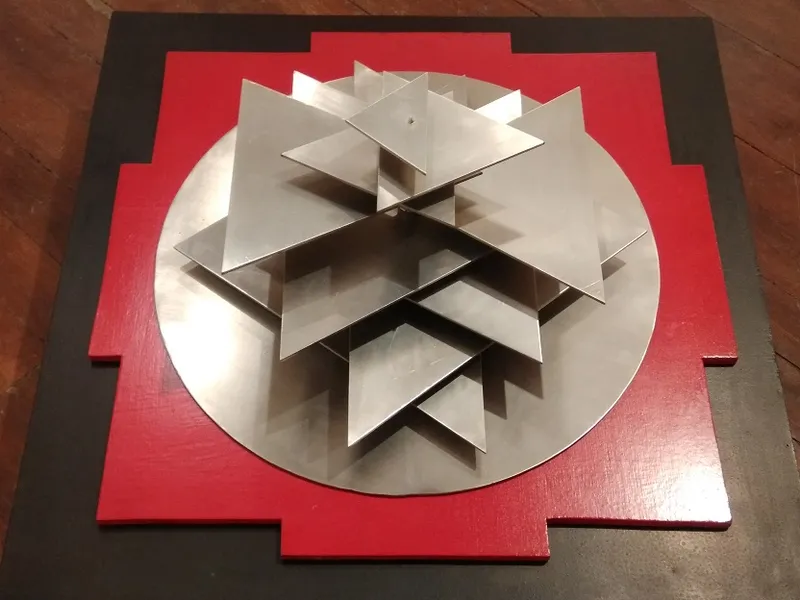
PhotoSparks is a weekly feature from YourStory, with photographs that celebrate the spirit of creativity and innovation. In the earlier 180 posts, we brought you a wide range of creative photographs from an art festival, cartoon gallery. world music festival, telecom expo, millets fair, climate change expo, wildlife conference, startup festival, Diwali rangoli, and jazz festival
The National Gallery of Modern Art (NGMA) in Bengaluru is hosting a brilliant exhibition this month, titled ‘Sculpting in Time: A Retrospective of Six Decades of Balan Nambiar (see Part 1 of my photo essay here).’ The 300-piece exhibition includes stainless-steel sculptures, enamels, sketches, water colours, photographs, and oil paintings.
In an interview at NGMA for YourStory, Balan shares artistic insights from his life’s journey. “I grew up in rural Kerala, and was involved in activities like farming till I was 18,” he recalls. Balan’s art works reflect the early influences of rural shrines and cultural customs. “I am not religious, but I don’t criticise others’ religions or occult practises,” he insists.
Balan later became a draftsman in the Indian Railways. He did not want to take up art as a part-time activity in a career job, and decided to study at the College of Fine Arts in Madras. Balan’s first exhibition was launched even before he graduated.
He also studied metal working and new design techniques. Some of his stainless steel sculptures are more than seven meters in height, and are put together by a team of structural engineers and fabrication experts in a factory.
“Reading habits, extensive travel, and talking with experts helped build my artistic foundations,” he explains. He studied enamel art in Italy, and new techniques for sculpture in Germany. “I spent nine months travelling across 11 countries in Europe,” he recalls, with fond memories of visiting public and private galleries across the continent.
Much more can be done to preserve and promote art in India, says Balan. Many bureaucrats unfortunately have not been exposed enough to art in their formative years, and are indifferent to art – but the situation is gradually improving.
“There should be art galleries next to libraries and bookstores also,” Balan advises. He urges viewers to approach art in intuitive and analytical ways. “Expose yourself to more and more art and familiarise yourself with the language of creativity,” he says.
Balan publishes extensively, and has authored a number of academic research articles. Now based in Bengaluru, he also teaches students at NGMA each Sunday. “I have been teaching for over 45 years, and have had more than 2,500 students. Students are my asset - over 50 of them have gone on to become professional artists,” he proudly says.
Now what have you done today to explore your artistic roots and build a creative foundation for others?
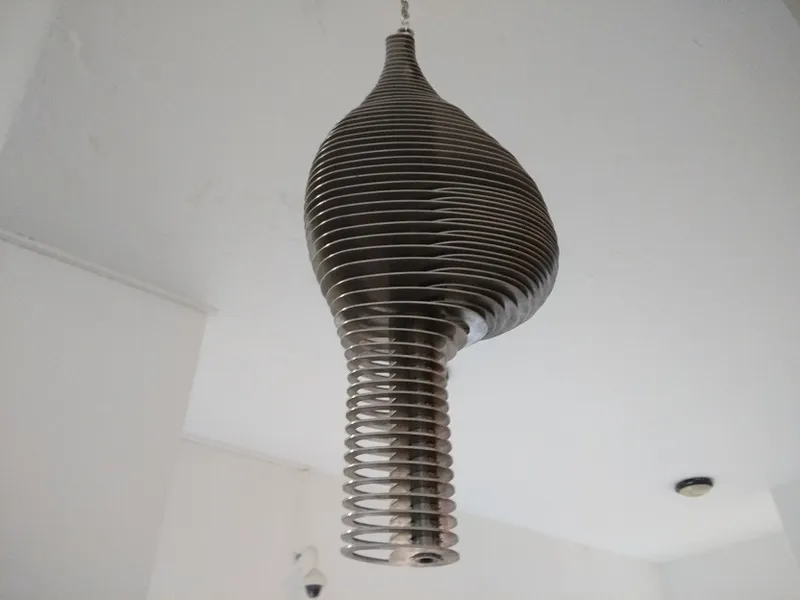
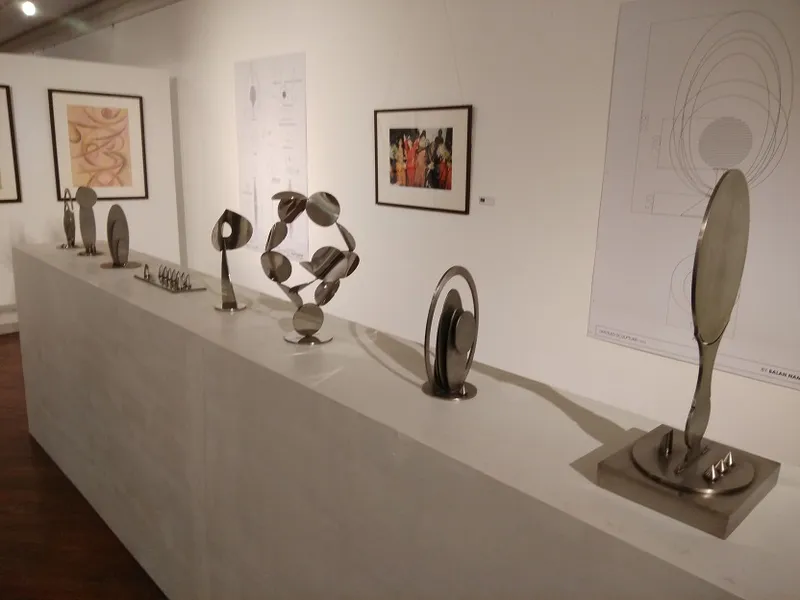
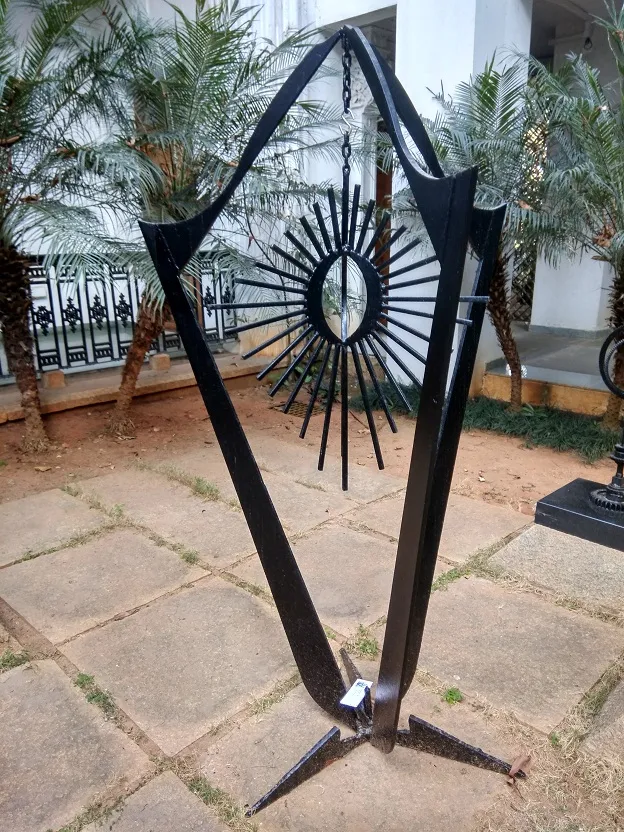
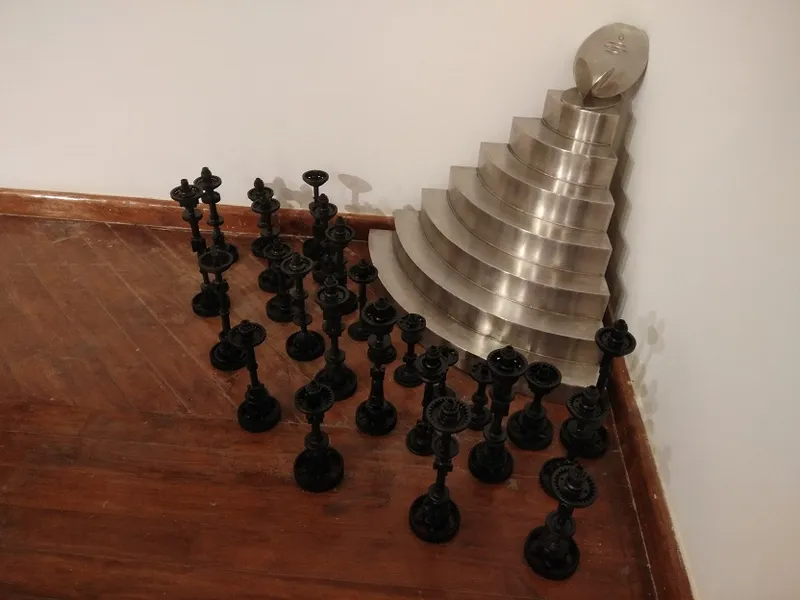

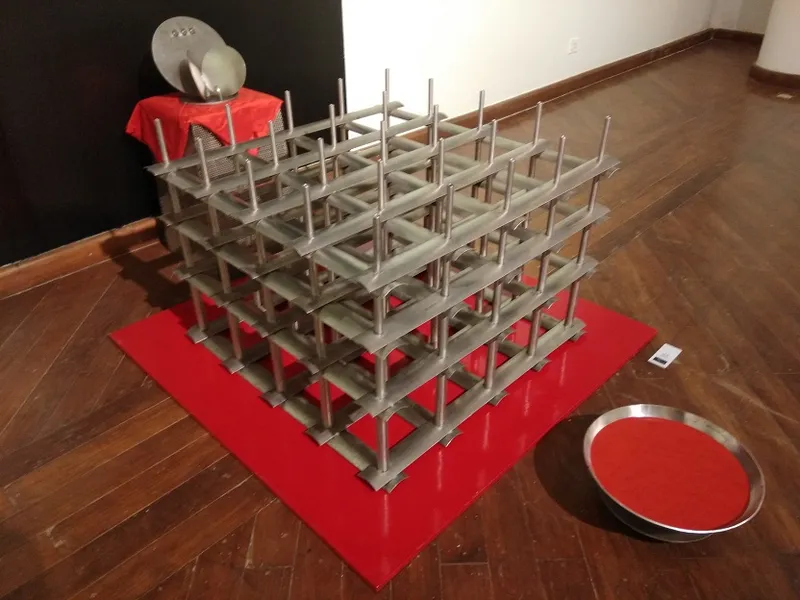
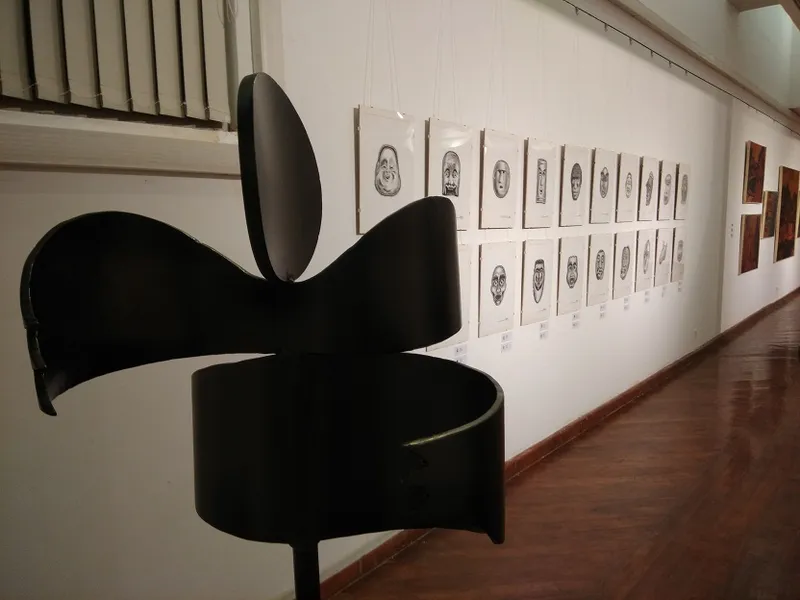
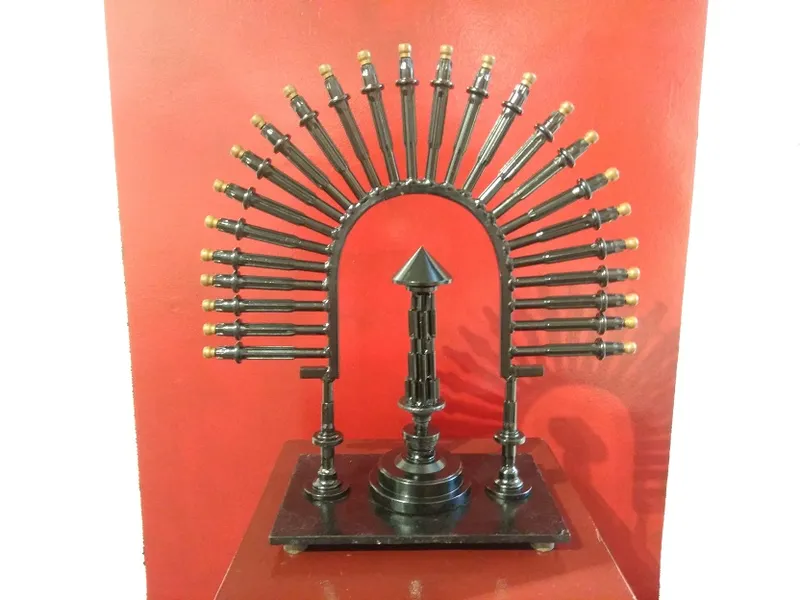
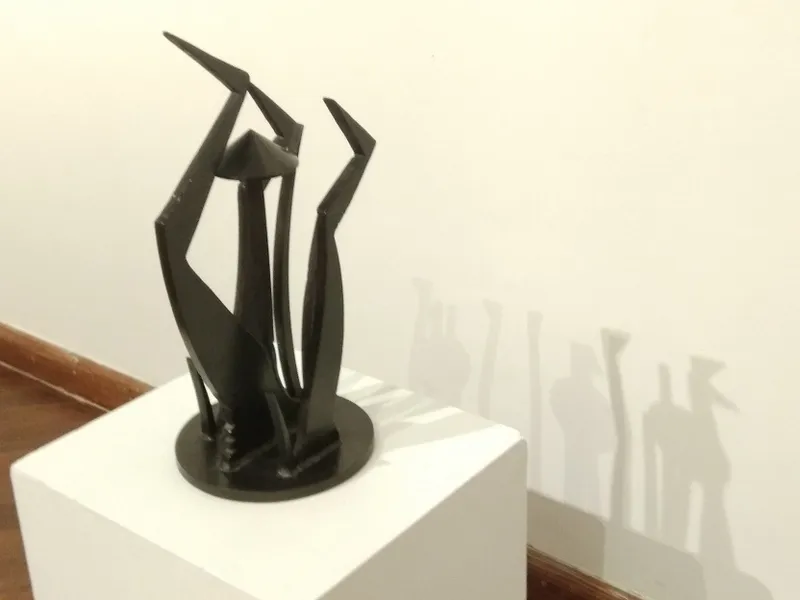
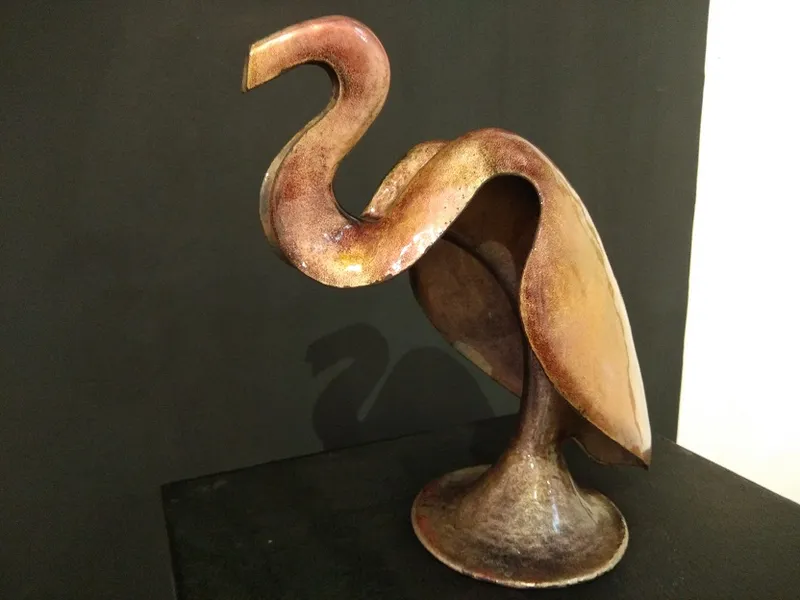
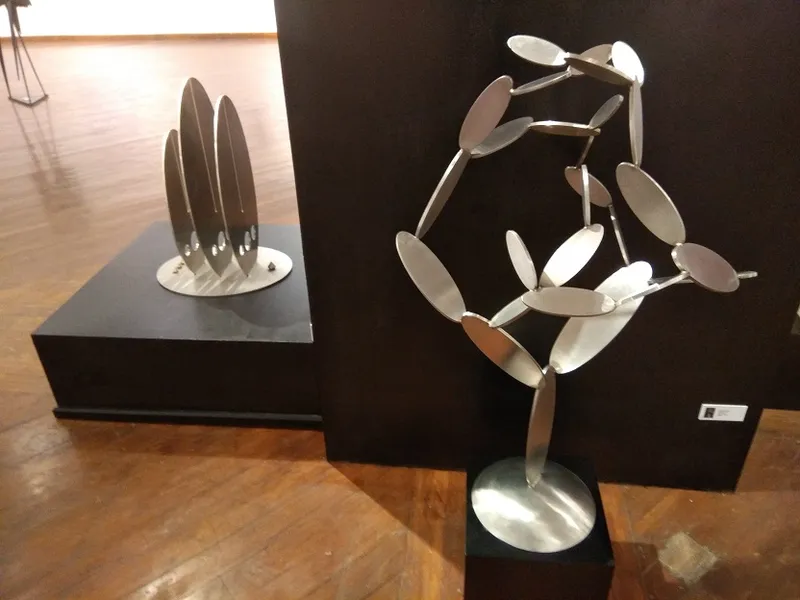
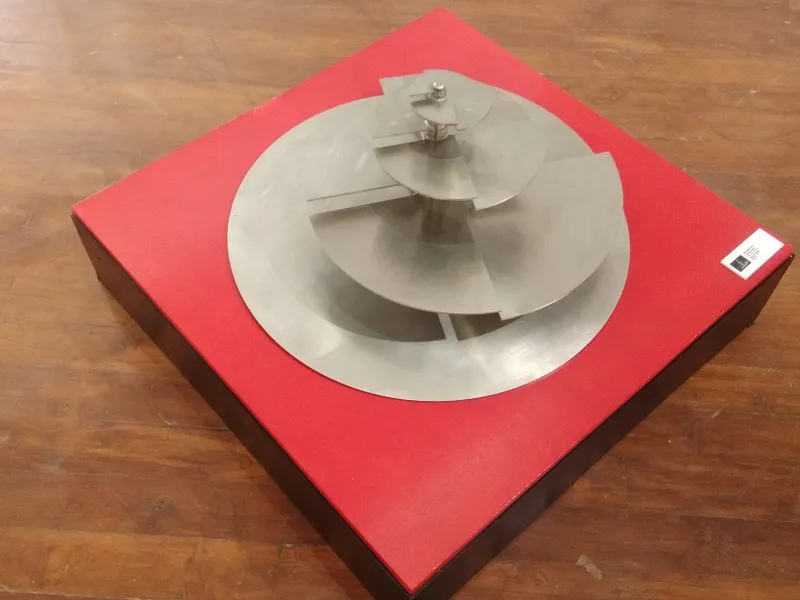
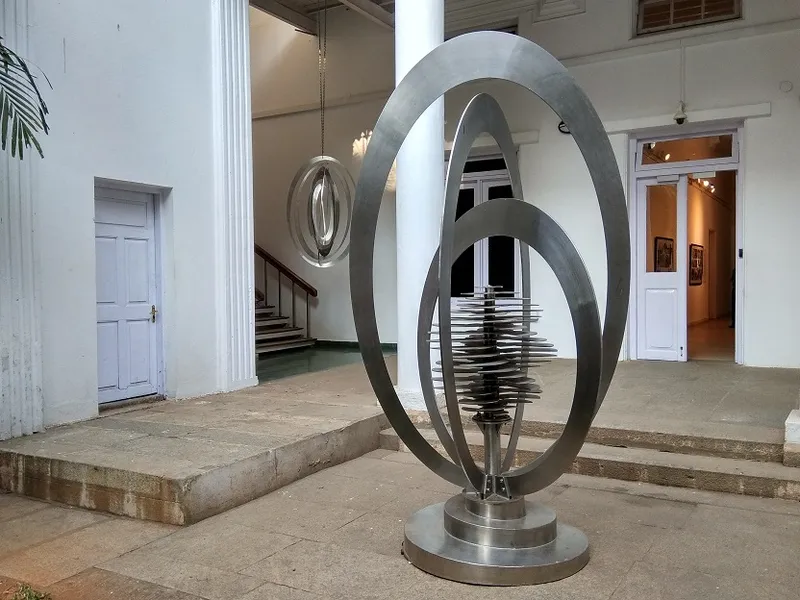
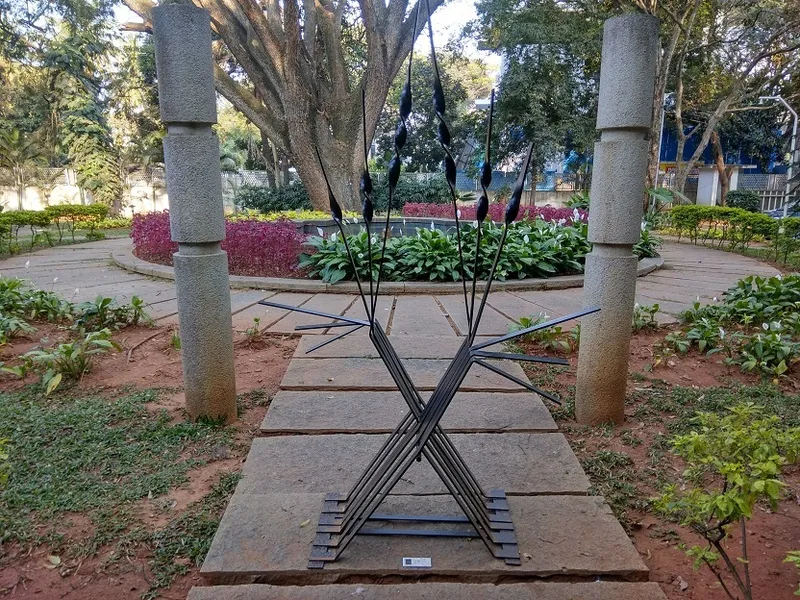
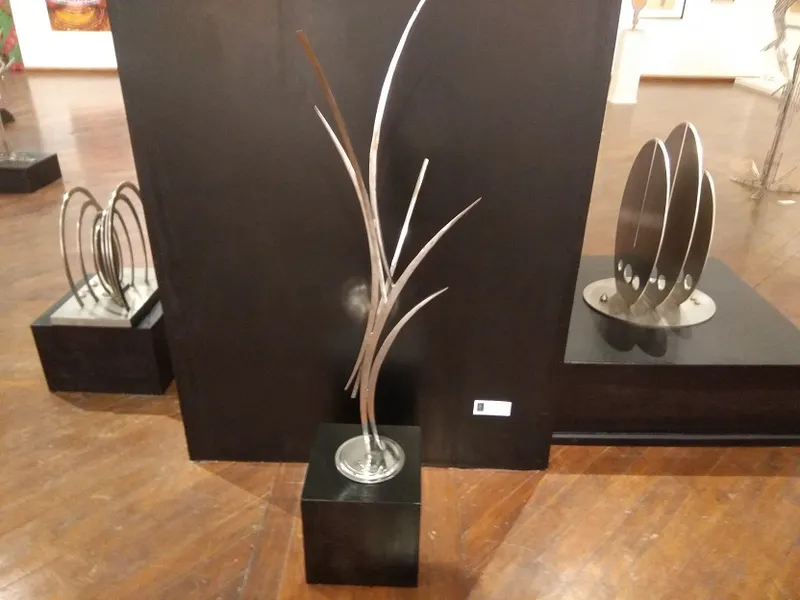
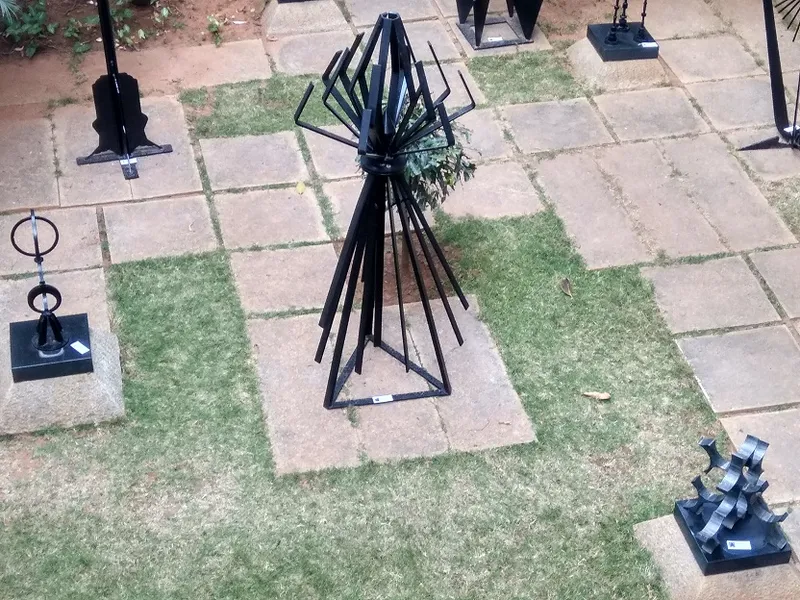

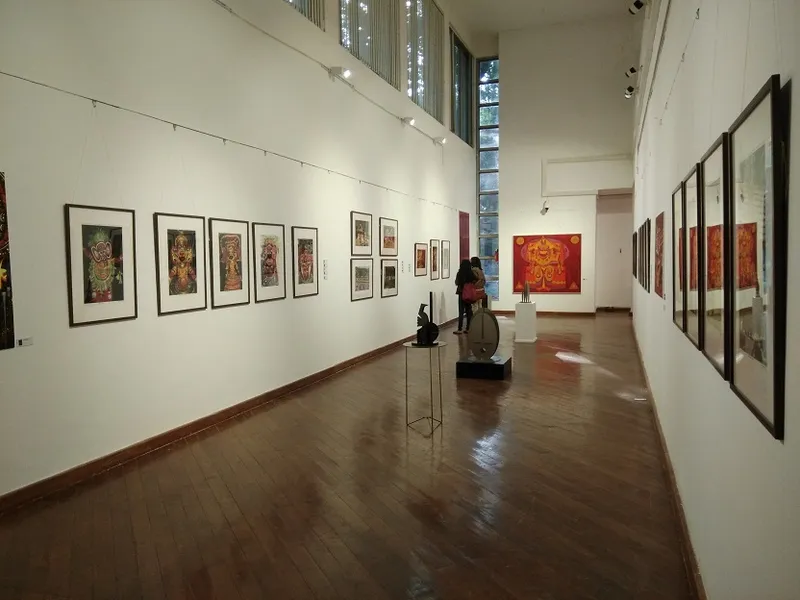

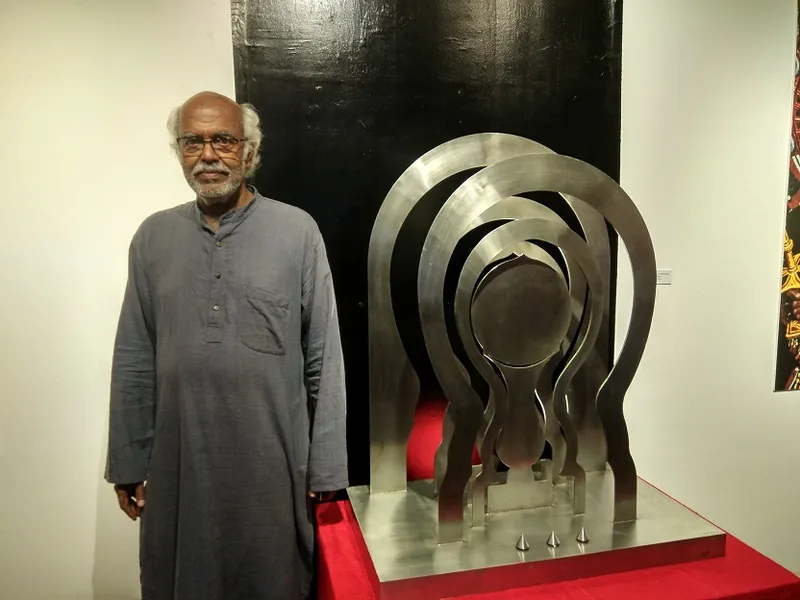
Got a creative photograph to share? Email us at [email protected]!
See also the YourStory pocketbook ‘Proverbs and Quotes for Entrepreneurs: A World of Inspiration for Startups,’ accessible as apps for Apple and Android devices.







